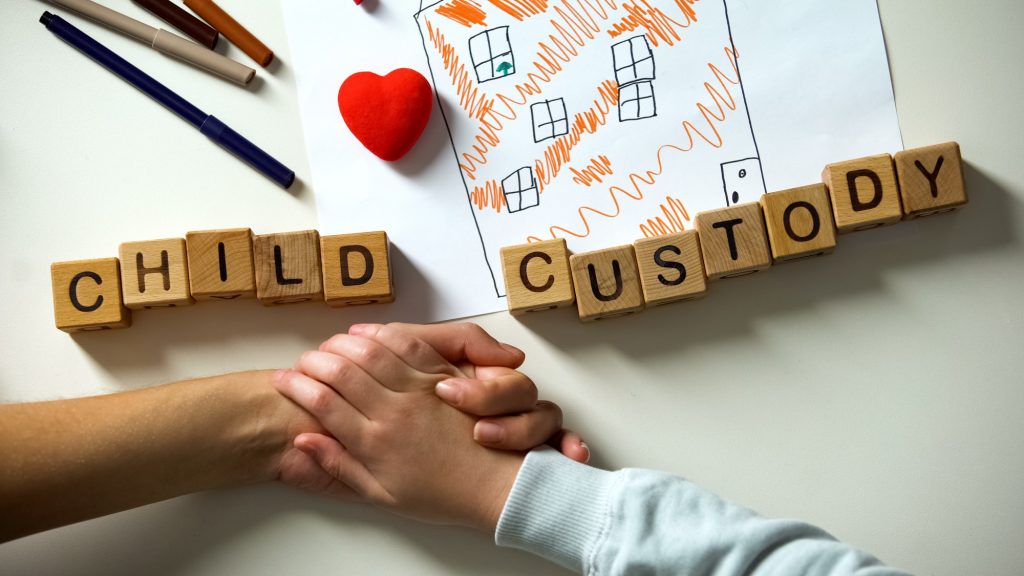It can be hard to have to go through the court, but there are times where it might be necessary to determine what is best for your child. There is so much to child custody that is important to understand. If you go to court, several phrases and words will be thrown around that you might not be aware of. We don’t want any of our clients walking in or out of the court feeling lost. The professionals at Quinonez Law Firm, PLLC, are here to help by discussing some common and frequently asked questions regarding child custody law.
What is the difference between legal custody and physical custody?
Legal custody means that the parent with this has the right to make decisions for the child. Physical custody determines where the child lives. A parent can have both terms of custody. A parent can also have legal custody even if they don’t have physical custody. It is good to discuss these terms with the other parent if possible.
What does the court mean when mentioning “the best interests of the child”?
During a case, the court determines custody orders and visitation based on what they think is best for them. In this case, the court will look at where each parent stands financially, they’ll look at their criminal history (if they have one), and they will also look at living situations.
What is the difference between mediation and arbitration?
These are two different kinds of agreements. When a custody case is settled through mediation, this means it is non-binding in court. An arrangement through arbitration can be either binding or non-binding. Both processes are usually preferable when there is conflict in a child custody case.
Are grandparents taken into account when determining child custody?
This is not always the case, but grandparents may be considered, especially if they bring them in. The grandparents can take parents to court should they find the circumstances unsafe for a child. If the grandparents do win child custody, they will be receiving child support as a result. They can also seek visitation rights if they feel they are not provided with adequate time with the child.
Does the judge consider the wishes of the child when deciding on child custody?
The judge does consider the thoughts of the children. This is usually the case for children who are twelve years and older. When parents are ordered to come into court, they can bring their child, and they will have the opportunity to speak on behalf of their wishes. However, the court will still take action to determine the best interests, even over the child’s wishes.
What is joint custody?
A joint custody order means both parents are entitled to make decisions for their children, including their education, medical care, and other similar issues. This does not necessarily mean that the time the child spends with each parent is split in half. As we have said, it gives both parents the right to make choices.
What is sole custody?
Unlike joint custody, sole custody provides only one parent with the right to make decisions for their child. Both parents are free to see their child, but only one can take the lead regarding their education, medical care, and other circumstances. The sole managing conservator can also take the other parents’ rights away or limit what they can do with the child in terms of decision-making.
What is a standard possession order?
This order goes into depth with how much time either parent has with the child. These orders depend on what works best for both parents and how much they want to spend with their children. There are special rules in these orders for parents who live 100 miles apart from each other. The court will not permit an SPO if it is not in the best interest of the child.
What if parent #2 and I can come to an agreement?
If you can work up an agreement with parent #2, then you won’t have to go to court, but you are still obliged to hire a lawyer to help with documentation and signatures.
Learn More About What Your Child Custody Looks Like with Quinonez Law Firm, PLLC
The process can be tough, but we’re here to walk you through it. Whatever your child custody rights may look like right now, we’re here to help you reach an agreement that works with you. Contact us today to learn more about how our child support attorney can get started on your case.
